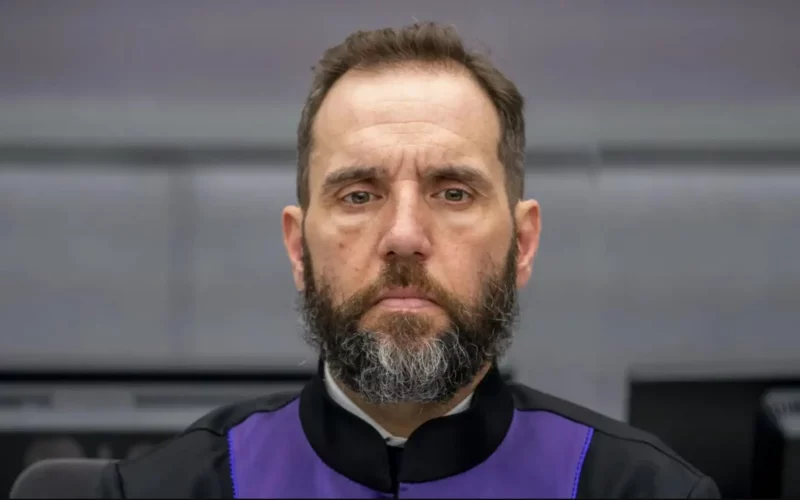Special Counsel Jack Smith asked the Supreme Court Monday to consider whether former President Trump is immune from prosecution in his 2020 election case.
Smith asked the justices to take Trump’s case before a judgement is reached in the lower courts to consider the former president’s claim that he is immune from prosecution. District Court Judge Tanya Chutkan declined to toss Trump’s case based on presidential immunity early December.
Special Counsel Jack Smith is now seeking to leapfrog the appellate court and ask for a ruling from the Supreme Court on Trump’s immunity claims. The only reason for this petition is to seek to guarantee a trial of Trump (and possible conviction) before the election…
— Jonathan Turley (@JonathanTurley) December 11, 2023
“It is of imperative public importance that respondent’s claims of immunity be resolved by this Court and that respondent’s trial proceed as promptly as possible if his claim of immunity is rejected,” Smith told the Court.
“Respondent’s claims are profoundly mistaken, as the district court held,” he continued. “But only this Court can definitively resolve them.
The trial to consider Smith’s charges against Trump stemming from his alleged effort to overturn the 2020 election is currently scheduled to begin in the district court on March 4.
Smith wrote that the United States “recognizes that this is an extraordinary request.”
BREAKING: Special Counsel Jack Smith asks Supreme Court to consider whether Trump is immune from prosecution in his 2020 election case.https://t.co/ES73Gf7EaB pic.twitter.com/4omcMxLkM3
— Katelynn Richardson (@katesrichardson) December 11, 2023
“This is an extraordinary case,” the petition states. “The Court should grant certiorari and set a briefing schedule that would permit this case to be argued and resolved as promptly as possible.”
Chutkan wrote Dec. 1 that the presidency does not “confer a lifelong ‘get-out-of-jail-free’ pass.”
“Former Presidents enjoy no special conditions on their federal criminal liability,” she wrote.
Post written by Katelynn Richardson. Republished with permission from DCNF.

